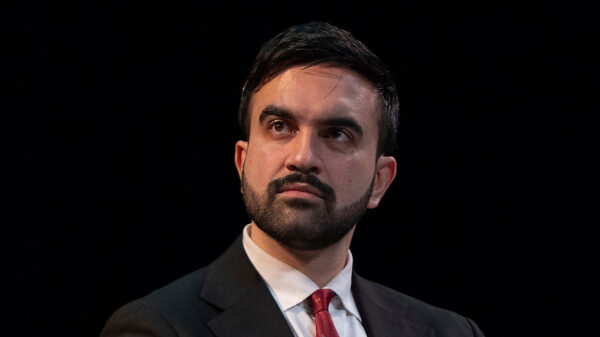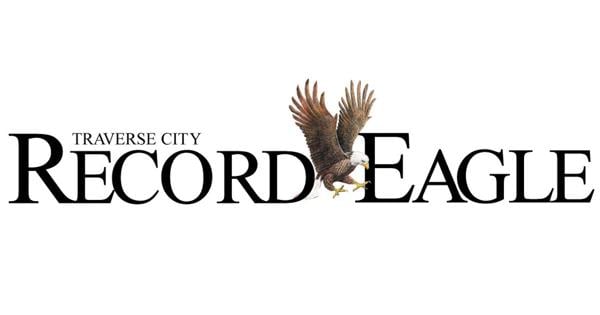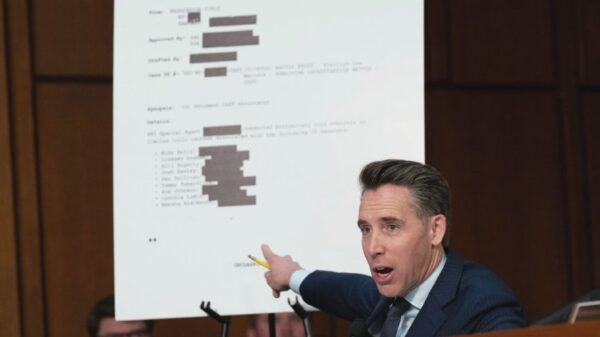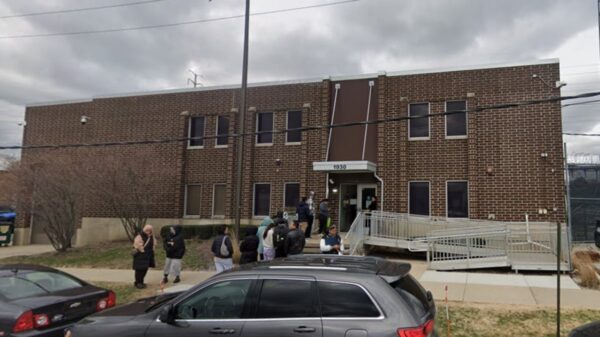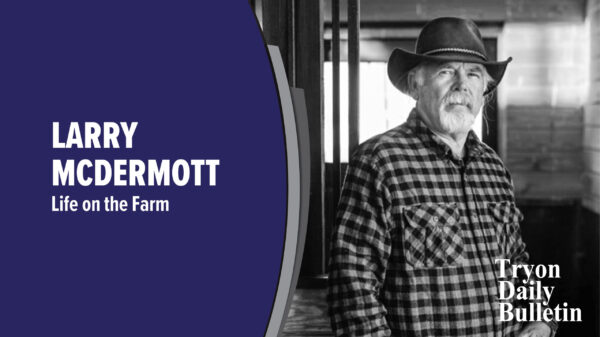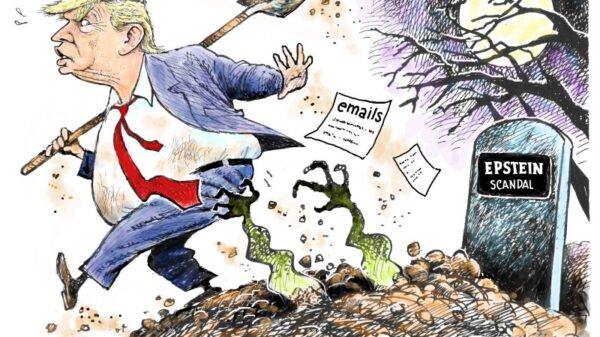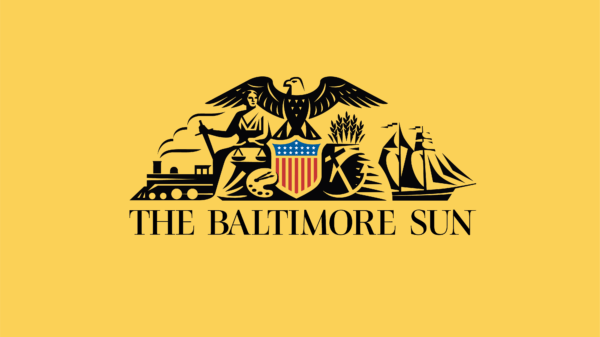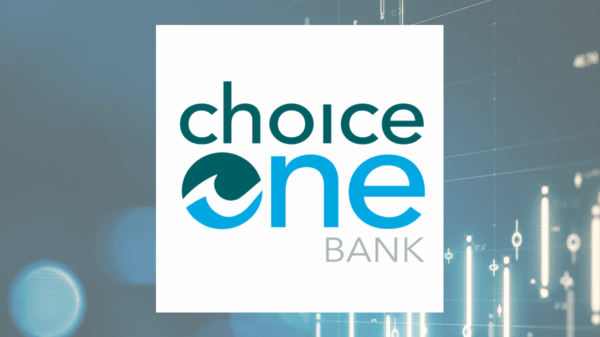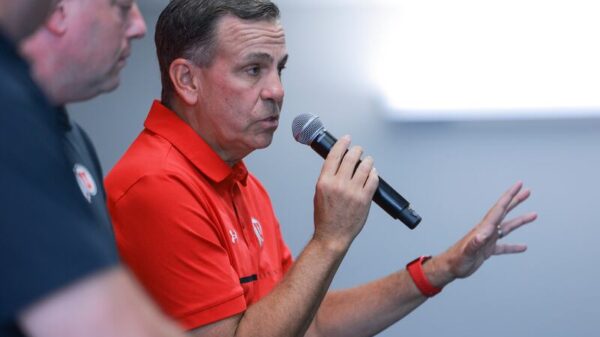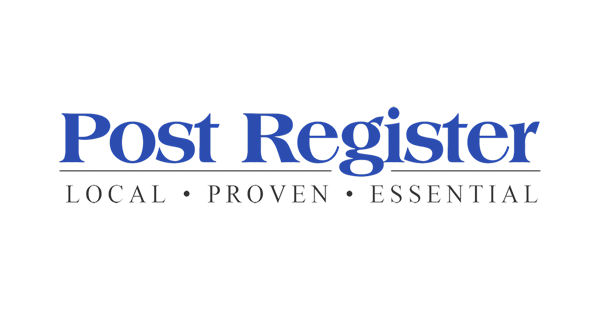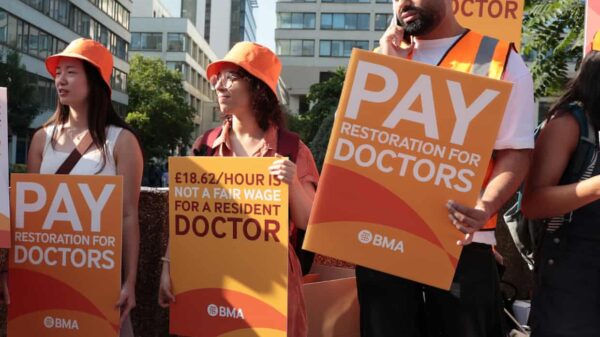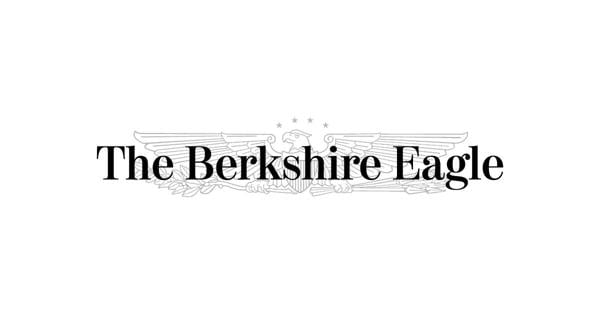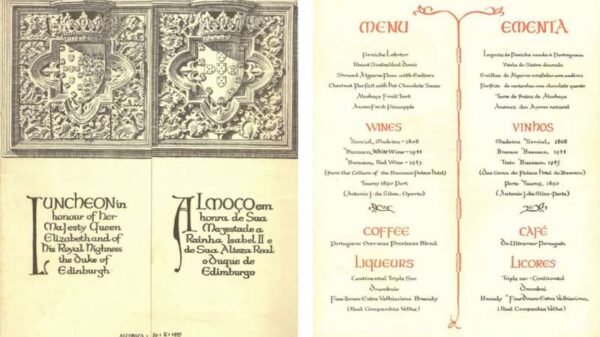U.S. Senator Thom Tillis is poised to play a pivotal role in a legislative effort aimed at reducing taxpayer funding for public broadcasting outlets, primarily NPR and PBS. The proposed bill, known as HR 4, seeks to retract $1.1 billion in funding over the next two years, a move that critics argue is necessary to address perceived bias in these media organizations.
The funding in question was allocated at the request of former President Joe Biden during his tenure. Notably, former President Donald Trump has voiced his support for rescinding this funding, urging Congress to reconsider its allocation to public broadcasting. Tillis, who has announced he will not seek reelection, may find bipartisan support in this initiative as he aligns with Trump’s stance on fiscal responsibility.
Critics of NPR and PBS assert that these organizations no longer fulfill their mandate of providing balanced and objective programming. Research conducted by the Media Research Center (MRC) highlights a significant disparity in language used by PBS reporters, indicating a pronounced bias. During the first half of this year, the term “far right” was mentioned 42 times more frequently than “far left,” suggesting a one-sided narrative that some argue undermines the credibility of public broadcasting.
Tillis has expressed concerns that NPR and PBS have become platforms for a liberal agenda, framing conservative viewpoints as extreme or dangerous. For instance, when he advocates for fiscal restraint, these outlets often portray his efforts as detrimental to vital government services. Similarly, his support for constitutional judicial appointments is sometimes characterized as a threat to democratic values by these broadcasters.
In light of these allegations, Tillis is positioned to make a significant impact by supporting the proposed funding cuts. Some defenders of public broadcasting contend that NPR serves essential local needs, including weather updates for farmers. Critics dismiss this argument, asserting that modern technology provides farmers with more efficient means of accessing weather information than taxpayer-funded radio broadcasts.
Moreover, many Americans now rely on a multitude of news sources available online, reducing the necessity for NPR’s local content, which reportedly constitutes only 5.4 percent of the overall programming. Most of NPR’s content originates from major metropolitan areas known for their liberal leanings.
The argument for PBS as a critical educational resource for children has also come under scrutiny. Streaming platforms and other educational tools offer a wider variety of options for children’s learning, often without the controversial content that has occasionally been associated with PBS programming. Notably, popular shows like Sesame Street are no longer exclusive to PBS, as they are now available on platforms like Netflix.
Recent studies reveal a concerning trend regarding the political coverage provided by both NPR and PBS. The MRC found that PBS provided 88 percent positive coverage during the Democratic National Convention, while offering 72 percent negative coverage of the Republican National Convention. Additionally, NPR faced criticism for its handling of sensitive political stories, including its decision to limit coverage of the Hunter Biden laptop controversy.
Advocates for reducing public funding argue that taxpayer money should not support what they view as a politically motivated agenda. They contend that if public broadcasting entities believe their content is valuable, they should compete for funding through private donations and subscriptions, as many other media outlets do.
As discussions continue, the potential defunding of the Corporation for Public Broadcasting remains a contentious topic. The outcome of HR 4 could redefine the landscape of public media in the United States, prompting a reassessment of how taxpayer dollars are allocated to organizations claiming to serve the public interest. For North Carolina taxpayers, the implications of this bill extend beyond funding; they reflect an ongoing debate about media bias and the role of public broadcasting in a rapidly evolving information landscape.







